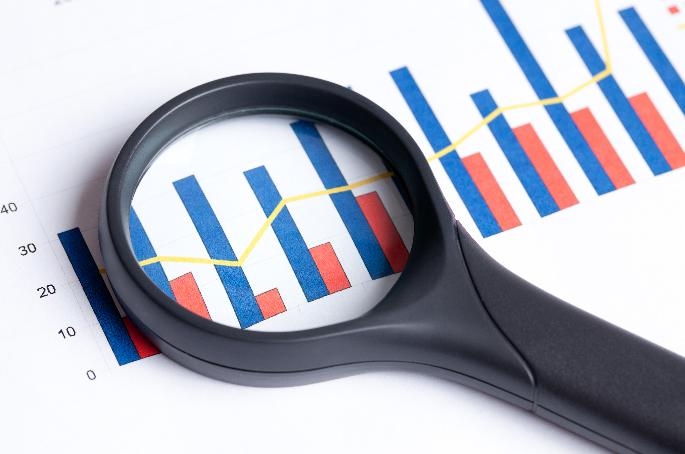
Korea growth improves
This reduced the need to cut the benchmark repo rate of 2.75%.
DBS Group Research noted:
The Bank of Korea will meet this Friday to review monetary policy and is widely expected to keep the benchmark repo rate unchanged at 2.75%. As growth has showed some nascent signs of improvement, the pressures facing the BOK to further cut rates have been alleviated. Industrial production, PMI, exports and equipment investment rose on MoM basis in September/October, albeit modestly.
We expect a sustained improvement in growth momentum in the coming months, thanks to rising demand from China, diminishing risks in Europe, as well as the support of domestic fiscal and monetary stimulus adopted since 3Q. Admittedly, the pace of growth recovery will remain moderate in the near term, in light of the uncertainties related to US fiscal cliff and domestic elections.
Inflation remains tame at the current stage, which means a resumption of rate hikes is still a remote possibility. Headline CPI registered 2.1% YoY in October, stable compared to 2.0% in September. The receding of food prices, the appreciation of the won, and the weakness in demand-side price pressures should help to keep inflation at the 2% level for some time.
Note that the won gained 2.2% against the US dollar in October, the best performing currency in the region. Will the BOK cut rates due to the need of curbing capital inflows and reducing the upward pressure on the won? We don’t think so. It is doubtful that the won has reached a level that triggers worries about competitiveness.
On the trade weighted basis, the KRW NEER and REER remain about 10% lower than the 10-year average levels. The year-to-date average of the USD/KRW rate (1135) is also in line with the assumptions in the government’s annual budget – 1,070 for 2012 and 1,130 for 2013.
We believe the authorities will rely on macroprudential measures to manage inflows, particularly targeting at the short-term debt inflows. It seems that trade surplus and portfolio investment inflows can’t fully explain the recent rise in the won. Trade surplus was stable at USD 3.8bn in October (versus USD 3.1bn in Sep).
Foreign net purchases of KRW bonds also remained steady (KRW 3.1trn vs. KRW 2.8trn), while foreign net investment in the equity market retreated after a surge in the previous month (-KRW 0.8trn, vs. KRW 3.4trn).
Policymakers would stay vigilant and keep a tight rein on speculative inflows, in an effort to smooth FX volatility and protect financial stability. This is especially because the possibility of a sudden reversal in capital inflows still can’t be ruled out amidst the current global backdrop, as fiscal/debt risks in Europe and US remain in place.
























 Advertise
Advertise






